
Documentary Screening in Lewes Exposes the Horrors of Forced Organ Harvesting in China
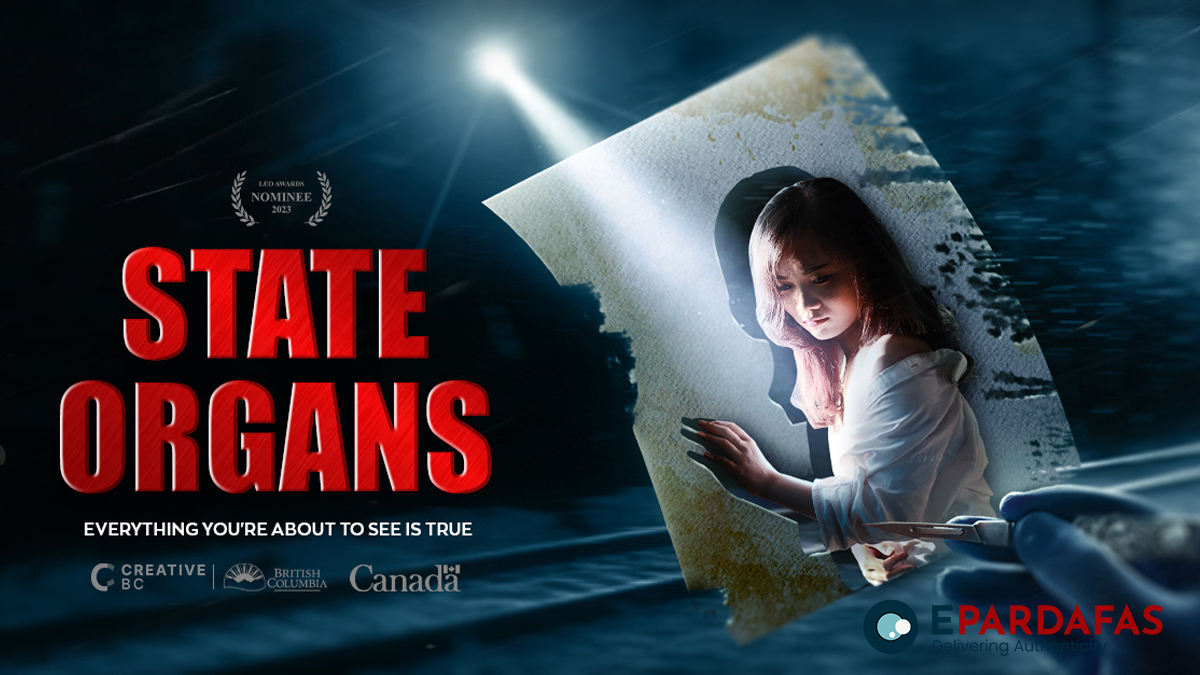
On October 3, dozens of concerned citizens gathered at the Lewes Public Library for the screening of State Organs, a gripping documentary shedding light on one of the gravest human rights abuses today—forced organ harvesting in China. The event was hosted by the Ending Forced Organ Harvesting Rotary Satellite Club of CAAHT (EFOH.org) and co-sponsored by advocacy groups including Doctors Against Forced Organ Harvesting (DAFOH.org), Delaware Medical Freedom Alliance (DelawareMFA.org), and Greater Philadelphia Falun Dafa Association (GPFDA.org).
The 76-minute documentary, directed by Peabody Award-winner Raymond Zhang and featuring an evocative score by Emmy Award-winning composer Daryl Bennett, follows two families as they search for their missing loved ones in China. The film presents chilling evidence of a state-sanctioned forced organ harvesting operation, which has resulted in thousands of victims, primarily targeting prisoners of conscience, including practitioners of the spiritual practice Falun Gong.
For many attendees, the film revealed a shocking reality they were previously unaware of. Audience members were visibly moved, some expressing anger and disbelief at the inhumane practices detailed in the documentary.
A Survivor’s Harrowing Testimony
A key moment of the evening came with a panel discussion that included experts on human rights abuses and Cheng Peiming, the first known survivor of forced organ harvesting. Cheng, who was imprisoned in China for practicing Falun Gong, recounted his horrific experience. Speaking through a translator, he described how parts of his liver and lung were removed while he was still alive, a process that left him in unimaginable pain.
“When I realized what was happening, I knew I had to escape, or I would be killed for my organs,” Cheng said. His daring escape from prison brought him to safety, but the scars of his ordeal remain. His testimony, detailing the countless others who were not as fortunate, left many in the room stunned.
A Call for Justice and Legislative Action
Throughout the evening, attendees and panelists underscored the need for action. Advocates urged support for the Falun Gong Protection Act, a piece of legislation that would impose sanctions on individuals and entities involved in forced organ harvesting. Many believe this is a necessary step to hold China accountable and to prevent further complicity from countries like the U.S.
Victor Carlstrom, a heart transplant recipient from Lewes, voiced his shock after watching the film. “What really hit me was that it wasn’t just condemned prisoners—they’re targeting people because of their beliefs. It’s an atrocity,” he said. Carlstrom added that he was disturbed by how quickly patients in China receive organ transplants, implying that organs are not coming from natural deaths but are being harvested on demand.
For Carlstrom and many others in attendance, the documentary raised urgent ethical questions about the international organ trade and how it implicates individuals unknowingly participating in a system of mass murder. “How hasn’t the media in the United States really latched on to this and made a bigger deal out of this story?” Carlstrom asked, frustrated by the lack of awareness.
A Broader Global Impact
The discussion extended beyond just raising awareness of atrocities in China. Dr. Jessica Russo, a representative from DAFOH, highlighted how Westerners traveling to China for organ transplants may inadvertently become complicit in these human rights abuses. “We need stricter regulations, such as the Falun Gong Protection Act, to prevent Americans from seeking transplants in countries where human rights abuses are rampant,” she said.
Dr. Russo’s words resonated with many in the room, as it became clear that forced organ harvesting is not just a distant issue—it’s a global one that demands a coordinated international response.
Audience Reactions: Shock, Anger, and a Drive for Action
Attendees expressed a deep sense of outrage and sadness as the event concluded. Deborah Bergman, a retired educator, likened the atrocities in China to the Holocaust, noting how the world seems to turn a blind eye to the suffering of specific groups. “We’re pretending it doesn’t exist, but it’s existing. And if it can exist for one religious group, where are they going to stop?” she said.
Other attendees, like Constance Higgins, were motivated to take immediate action. “I signed the petition to go to our senators, and I want to write them a personal note to encourage them to do something about it,” Higgins said, reflecting the growing consensus that more needs to be done to bring about change.
For many, the event was a wake-up call. As Linda Sidowski, secretary of DMFA, put it, “I’m going to explore different ways to make my voice heard and help those who are being persecuted.”
A Call for Conscience and Courage
The event concluded with impassioned calls for justice and collective action. Abraxas Hudson, president of DMFA, urged the audience not to remain indifferent to such crimes. “This level of criminal human rights abuse anywhere in the world is not okay,” he said. “We have to stand up against evil, and we have to protect the future by taking responsibility for the future we want.”
Hudson emphasized that raising awareness is the first step toward stopping such abuses, and that only by standing up collectively against injustice can meaningful change occur. His message was clear: In the face of such evil, silence is not an option.
As the lights dimmed and attendees prepared to leave, the mood was somber but resolute. Many left with a new sense of urgency, determined to speak out and ensure that the victims of forced organ harvesting are not forgotten.
“We must be brave in the presence of evil,” Hudson said in closing, “because that’s the only way we can stop it.”
- PM Oli Hails Thailand Visit and BIMSTEC Summit Participation as Fruitful and Impactful
- PM Oli Vows to Deepen Nepal-India Relations Following Productive Talks with Indian Counterpart
- Kathmandu Chokes on Toxic Air as Health Concerns Mount
- Myanmar Earthquake Death Toll Surpasses 3,300, UN Calls for Global Support


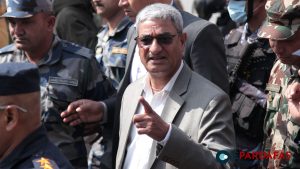

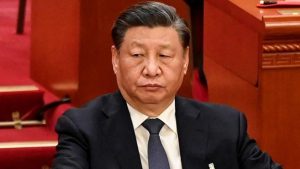
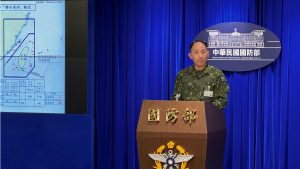



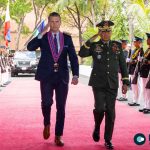


Comments